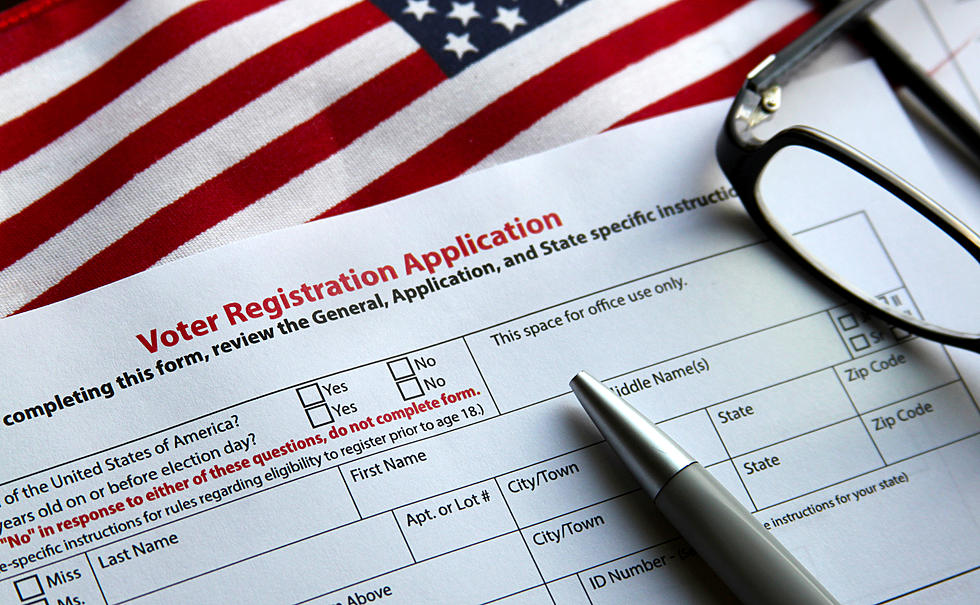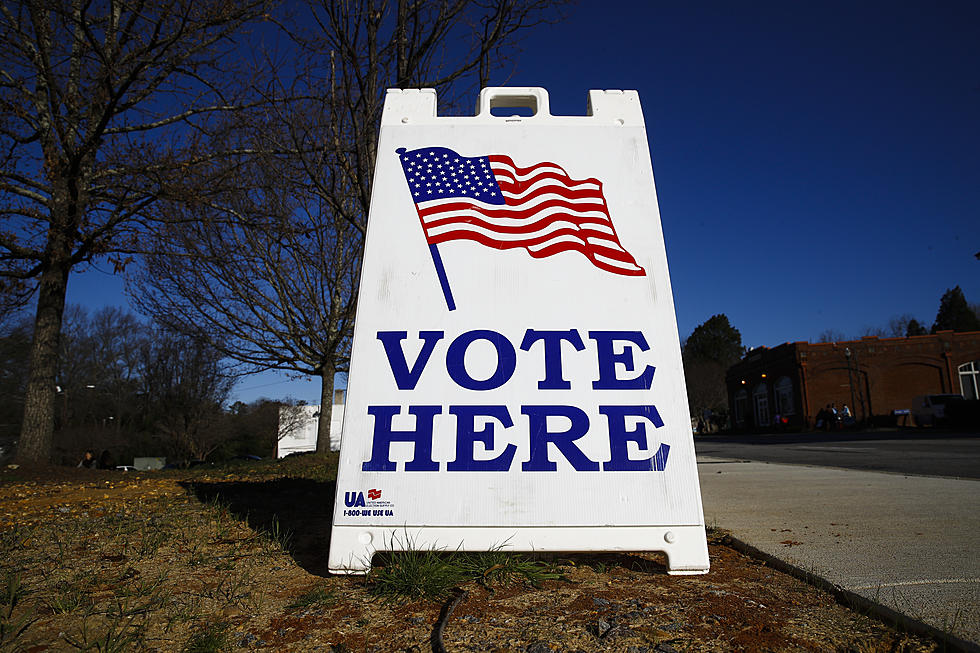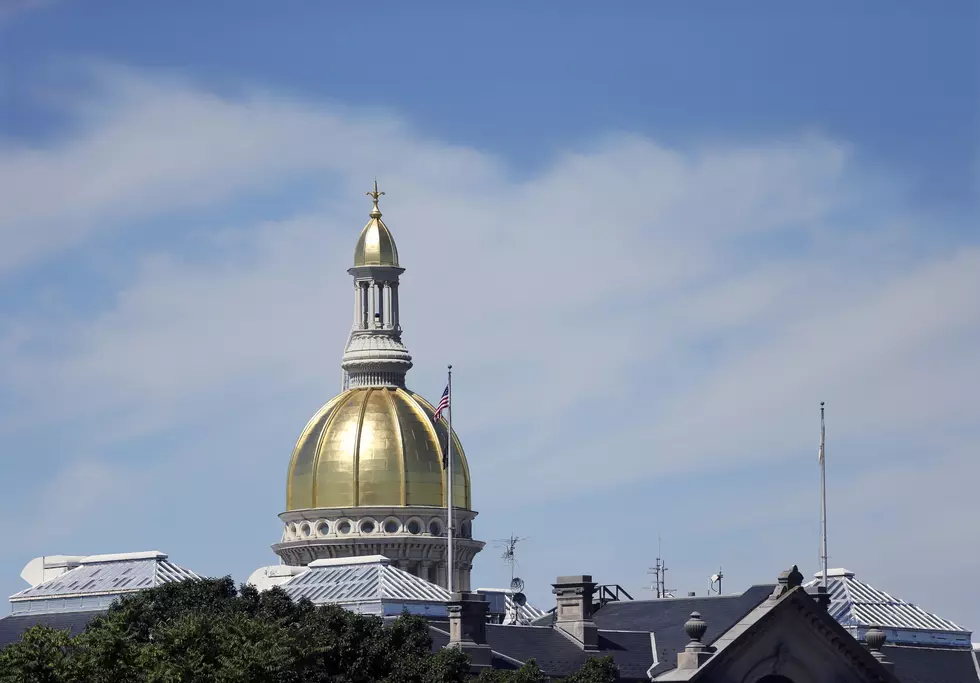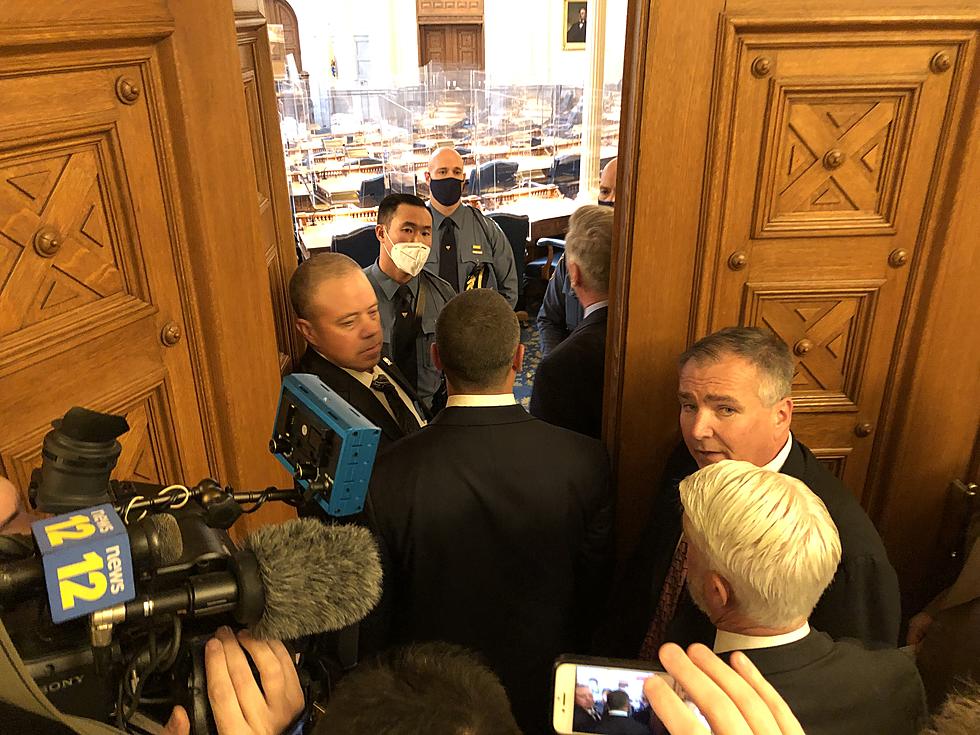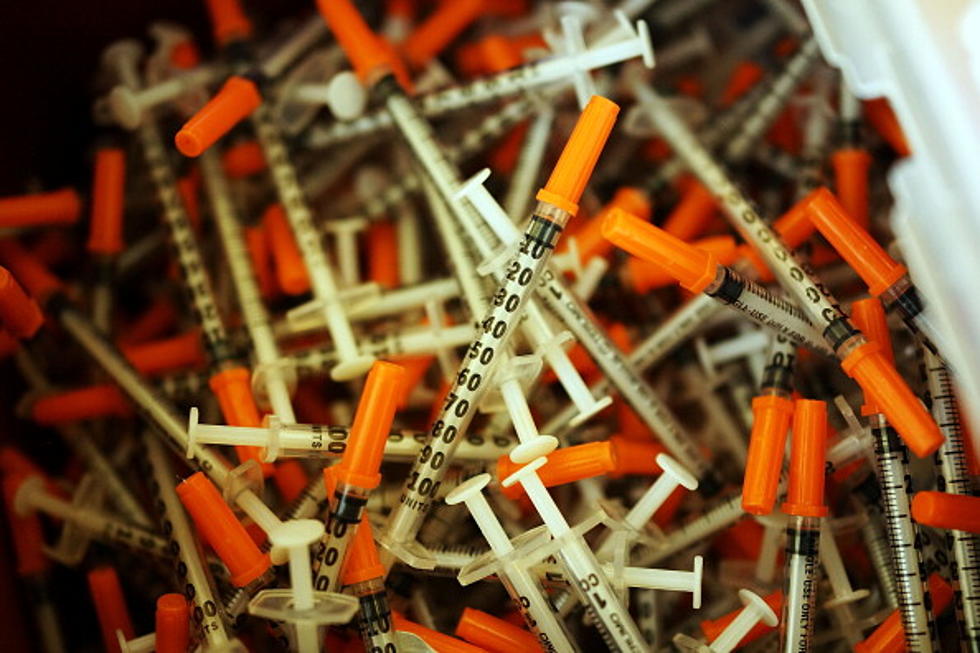
Should voter registration be automatic in New Jersey?
State lawmakers are moving quickly on a pair of voting-related bills, including plans to automatically register people to vote and let some 17-year-olds cast ballots.
The latter is designed with the hope of reversing the state recent trend of record-low voter turnout elections, though the former could actually make turnout percentages even worse by adding voters to the rolls who aren’t particularly interested in participating.
That bill would automatically register people to vote when they apply for a new driver’s license or a renewal and update their voter record if they change their address with the Motor Vehicle Commission. Right now registration if offered at the MVC but isn’t automatic.
Assemblyman Michael Patrick Carroll said the results of the proposal are predictable, though he did support the bill, saying there’s value in having an agency that requires extensive documentation to prove one's identity help register voters.
“Since absolutely no one fails to vote because it’s hard to register, if we increase the fraction of the eligible population which is registered to vote, our turnout statistics will look even more pathetic than they already are,” said Carroll, R-Morris.
Turnout in last year’s elections, when the Assembly topped the ballot, was just 22 percent. That’s the lowest the state has recorded for a general election. The previous low was 27 percent in 2011, not counting the 25 percent who turned out for a special U.S. Senate election in October 2013.
Automatic registration has “increased the rolls astronomically” in other states, said Sandra Matsen, advocacy coordinator for the League of Women Voters of New Jersey. She hopes that people with no interest in voting would opt out of what would otherwise be an automatic registration.
“Well, that’s the first step in being able to vote. Granted, just being registered doesn’t mean that you turn out to vote. Then the League and other groups have to work on the next get-out-the-vote piece,” Matsen said.
The change would also clean up voter rolls by reducing the number people listed at addresses from which they’ve moved, which in turn saves money when printing voter books. It would also help voters who move from being ineligible to take part in an election if they failed to update their voter record.
“By law you’re supposed to change your driver’s license within 60 days. I can’t say that everyone does that,” Matsen said. “But at least in the list of things that I have to do when I move, I would suggest that getting your right address on your driver’s license is probably higher than remembering to change your voter registration, which you think about usually about 10 days before an election, when it’s too late.”
A second voting-related measure moving through Trenton would allow 17-year-olds to vote in the primary election if they’re going to turn 18 years old in time for the November general election.
Twenty-one states and Washington, D.C., allow that now, said bill sponsor Assemblyman Andrew Zwicker, D-Somerset. He estimated it would make around 23,000 17-year-olds eligible to vote in New Jersey’s primary each year.
“To empower young people to be involved -- we know that when a person becomes a voter, they stay a voter,” Zwicker said.
Assemblyman Erik Peterson, R-Hunterdon, opposed both proposals. He said automatic registration “seems a little un-American to me” and that some people don’t want to be registered. And he said turnout is low for primaries because they’re party functions not open to roughly half the electorate.
“I don’t think this really changes anything, and I don’t think it’s going to increase any voter participation,” Peterson said. “There’s a set system in place. It’s worked. And I’m not really sure what the problem was with the current system that it needed to be changed.”
The Assembly last week passed the voter registration bill by a vote of 52-21-1 and the 17-year-old voters bill by vote of 57-17, just days after each bill was advanced by the Assembly Judiciary Committee.
Both are now awaiting potential consideration in the Senate state government committee, which next meets June 9.
More From New Jersey 101.5 FM

